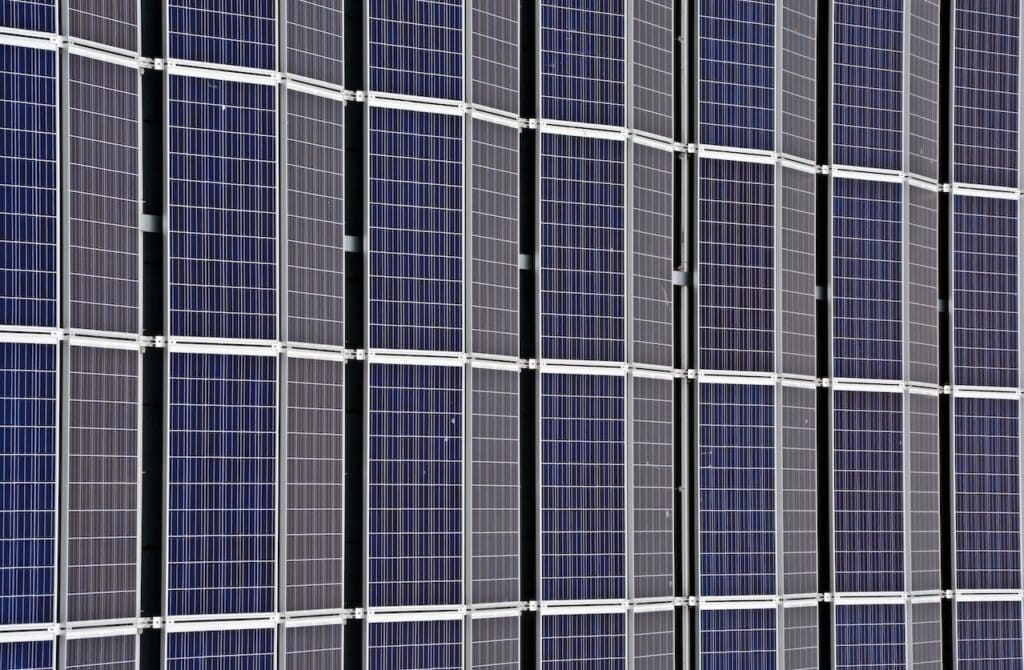WEEE stands for Waste Electrical and Electronic Equipment. This specifically refers to any electrical or electronic equipment that is thrown away. Every year an estimated 2 million tonnes of WEEE items are discarded by householders and companies in the UK.
The WEEE Directive and Guidelines
The WEEE Directive is a European Community directive that sets collection, recycling, and recovery targets for all types of electrical goods. Originally introduced in 2003 and later updated, the directive aims to reduce the environmental impact of electrical waste by encouraging reuse, recycling, and responsible disposal.
Under the directive, producers of electrical and electronic equipment (EEE) are required to finance the collection, treatment, and recovery of WEEE. Retailers also have obligations to take back old electronics when a customer purchases a replacement.
In the UK, these guidelines are implemented through the WEEE Regulations 2013, which place responsibilities on manufacturers, distributors, and end-users. Businesses have a legal duty of care to ensure their WEEE is handled properly by licensed waste carriers and treated at approved facilities.
What Are Examples Of WEEE?
WEEE encompasses a wide range of products that contain electrical components or require power to function. Examples include:
Consumer electronics: TVs, laptops, tablets, mobile phones, cameras
Household appliances: Washing machines, fridges, kettles, toasters
Office equipment: Printers, scanners, computers, monitors
Lighting: Fluorescent tubes, LED lights, lamps
Medical devices: Diagnostic machines, infusion pumps
Tools: Drills, saws, sewing machines
Toys and leisure equipment: Electric trains, games consoles, sports equipment with electronics
IT & Manufacturing Equipment: Printed circuit boards, wires, batteries.
If it has a plug, uses batteries, or requires charging, it’s likely considered WEEE.

How Do I Dispose Of WEEE?
To dispose of WEEE safely as a business, you should engage with a professional waste management team. At Plastic Expert, we provide electronic waste recycling services for businesses across the UK. This includes collections for both small and large volumes of waste, ensuring materials are segregated and repurposed into new products.
Our service helps businesses stay compliant with WEEE regulations by offering full documentation, including waste transfer notes and recycling reports. We make it easy to manage your electrical waste responsibly, reducing landfill contributions and supporting a circular economy.







